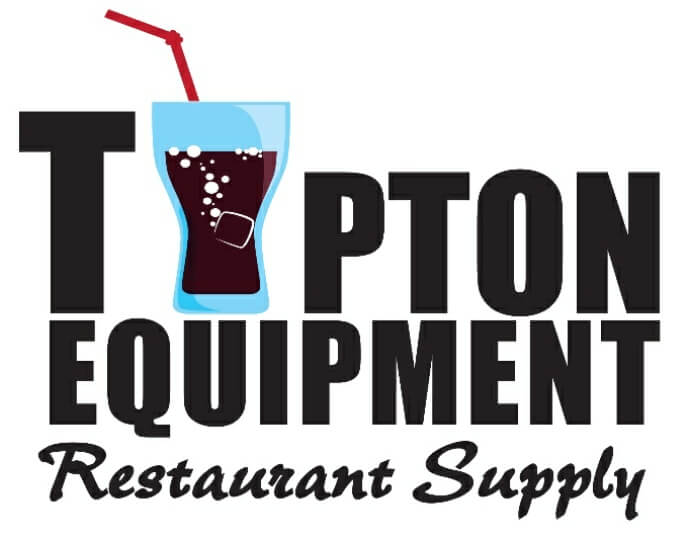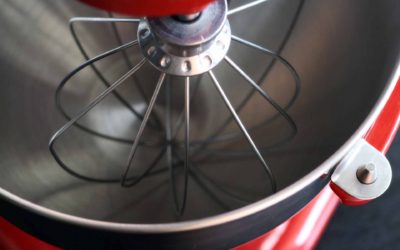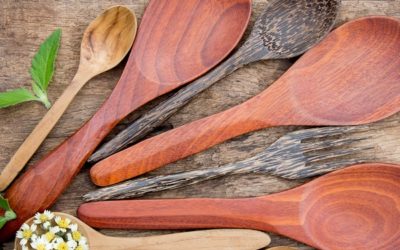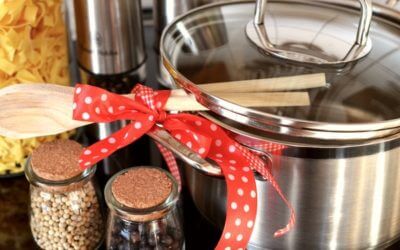Handling Theft in Your Convenience Store
February 21, 2019Running a convenience store is challenging to say the least. You need to staff it, but not with too many people. Then again, too few and you have a lot of problems – including theft.
There are three groups that can be responsible for product and money loss in your store. Fortunately, with the right store equipment, you can minimize your losses.
Here’s how to handle each type of theft and what you can do about it!
Vendors
You count on vendors to stock your store with a specific brand of merchandise. Unfortunately, they often work alone and stock your shelves unsupervised. That means that they have an opportunity to either steal from your nearby merchandise or short you the product you ordered.
The key store equipment, if you can call it that, to prevent this type of problem are your managers. They should check in every delivery by actually looking at and counting every item. They should also keep an eye on vendors as they stock. This will help ensure no errors are made – either by accident or design.
Employees
Unfortunately, those you trust the most are in the best position to steal from you. Make sure you have a way to track “no sale” ring-ups that open the cash register. You can also use store equipment like daily worksheets, camera systems, and sales detection.
While you don’t want to treat your employees like criminals before anything happens, close tracking, trustworthy managers, and clear oversight is the only way to be safe.
As an owner, you also need to be active and onsite as much as possible. There aren’t very many businesses that do well with an absentee owner, so plan to be present to improve your store’s success.
Customers
Vigilance and modern camera technology are important tools to catch customer theft. You can also use store equipment such as locking display cases for liquor and behind-the-counter dispensing of cigarettes and other high-risk items.
Surveillance helps you make sure your store is running properly, and having the right equipment in place can also help you watch for errors, poor service, or lack of effort at work.
To prevent robberies and other serious incidents, take care with how much cash you have on hand. Many stores don’t accept over $50 bills, and those that do have special drop procedures for large bills. You can also schedule cash drops to keep your cash-on-hand below $500.
As a deterrent, you can also have a sign advertising that there is not significant cash on hand and that the clerk cannot access the safe.
It pays to take steps to secure your store!
Get the Store Equipment Your Location Needs Today
Are you interested in getting locking display cases or taking other steps to secure your store? We would love to help. We’ve been helping Little Rock convenience stores with all kinds of equipment, from displays and shelves to food and beverage dispensers.
If you’re interested in getting new or high-quality used store equipment, all you have to do is give us a call. We’re here for you – contact us for more information today!
5 Essential Buying Tips for Your Next Food Prep Work Table
The right foodservice equipment is pivotal to the efficiency of your kitchen. One of the most important types of foodservice equipment for any kitchen is the work table. With limited room on countertops available for your food prep needs, the cooking process can drag...
Tips for Keeping Your Commercial Sink Sparkling Clean
Your commercial kitchen, just like your personal kitchen, must be kept clean at all times. With all of the cooking and food processing you do, it is inevitable that your sink gets messy. Cleaning up your commercial kitchen is incomplete without proper cleaning of your...
Food-Cutting Secrets to Beautiful Dishes
In the restaurant industry, presentation is often said to be just as important as the food itself. Using the right knowledge, skills and restaurant supplies, you can incorporate creativity into your presentation, making guests feel that they are getting something...
Top Space-Saving Tips for Commercial Kitchens
Top Space-Saving Tips for Commercial Kitchens Space is always an important consideration when setting up a kitchen, and this is even truer for commercial kitchens. With a strong focus on functionality and the kitchen supplies that meet the needs of your commercial...
5 Ways to Get the Most Out of Your Mixer
No one wants to eat off of dirty or tarnished silverware. A stand mixer is a highly useful piece of kitchen equipment to invest in. Although this type of kitchen equipment does not usually come cheap, it can last a lifetime when properly cared for. Despite all your...
Restaurant Prep Tool Selection Simplified
What’s a restaurant kitchen without high-quality prep tools that can withstand the pressure of frequent use? Whether you already have a restaurant you’re running, or you’re just planning to launch one, one vital factor that could make or mar your business is how you...
Beginner’s Guide to Choosing a Commercial Ice Cream Freezer
Ice cream is a delicious and appealing desert treat for everyone, young or old. Having made the decision to sell ice cream to your customers, whether you have a restaurant, convenience store, or specialty ice cream parlor, it is time to begin stocking up on the right...
How to Choose the Right Kitchen Scales for Your Restaurant
A food scale is an essential item in every restaurant’s store of kitchen supplies. Designed to take the guesswork out of food measurement and maintain consistent food serving sizes, food scales are indispensable kitchen supplies in the commercial kitchen. With such a...
Beer Chilling Systems: Which Type Is Right for My Restaurant?
A refrigeration unit is integral to the functioning of any restaurant. Beers are best served cold - there’s no questioning that! But which beer chilling system is the best? From reach-in coolers to glycol chillers, a beer chilling system is an important piece of...
What Equipment Will I Need to run a Food Truck?
There’s a lot of planning that goes into starting your own food truck business. Before you hit the road with your delicious food offerings, you’ll need to fill up your truck with all the right foodservice equipment. Considering the lengthy list of possible items to be...
8 Types of Food Thermometers: What You Need To Know
Food thermometers are essential restaurant supplies for your commercial kitchen. They ensure that foods prepared in your commercial kitchen are cooked to the right temperature and held at that temperature for as long as necessary to kill any harmful bacteria. This...
How to Identify the Best Food Processor for Your Needs
Highly versatile and extremely efficient, food processors are designed to take away the hard work from repetitive kitchen activities. This type of cooking equipment can quickly become an invaluable tool in your kitchen. From chopping, to shredding, grinding, mincing,...
6 Keys to Choosing the Best Chafing Dishes for Your Restaurant
The chafing dish, also known as the chafer, is an essential piece of restaurant equipment for any establishment that wants to keep food hot. This type of restaurant equipment gets its name from the French word, chauffer, which means to heat, and it’s easy to see why....
Turning up the Dial on Commercial Fryers: How to Choose One for Your Restaurant
Fried food is a well-loved favorite. This is a fact. It also makes a fryer an important piece of equipment to have in your commercial kitchen. Just consider how many appetizers and sides require frying: onion rings, French fries, and fried green tomatoes are just a...
What’s in a Cooking Pot, How to Choose the Right One?
As a restaurant owner, your cooking needs might vary. Did you know that a good quality pot can greatly improve your cooking experience, while also improving the quality of your cooking? This cooking equipment is a very important one that cannot be done away with...















